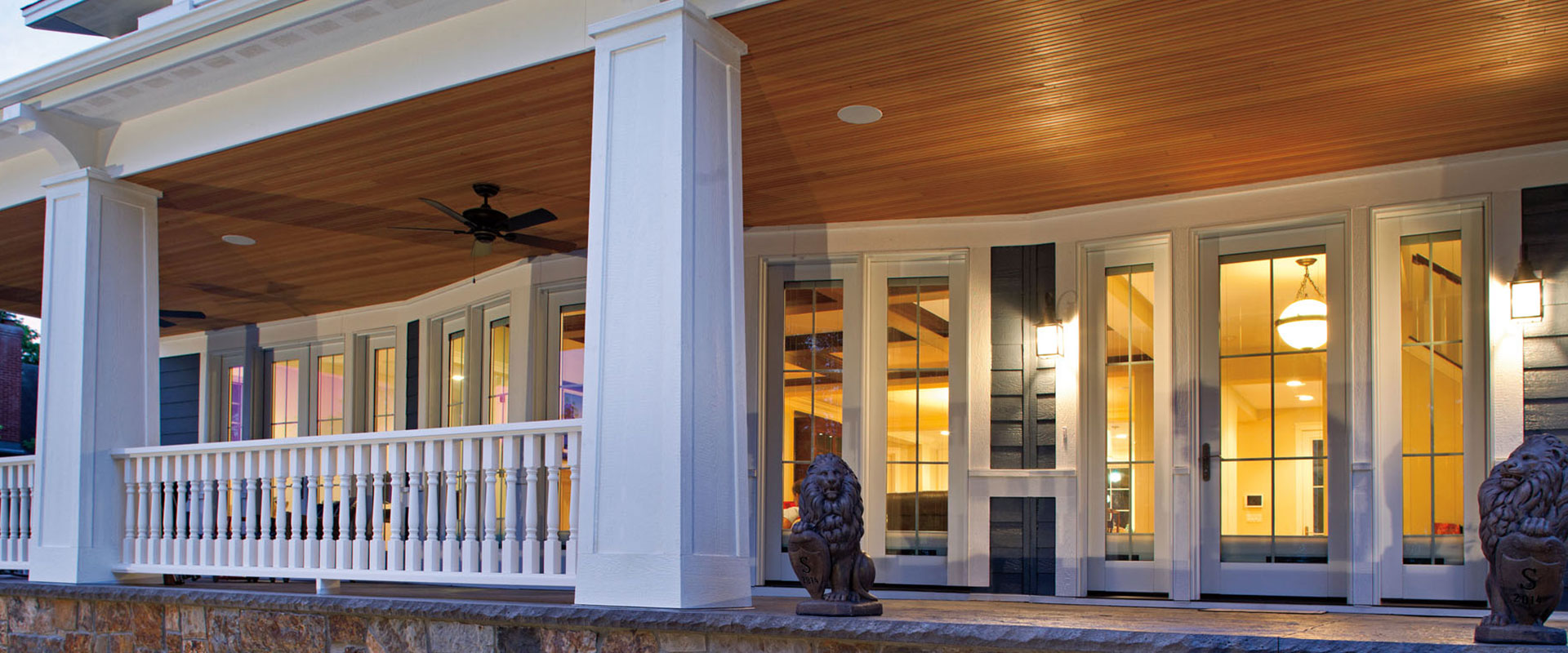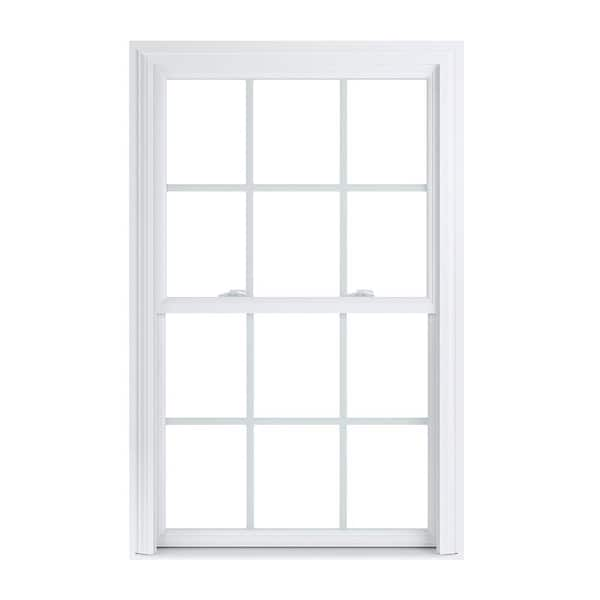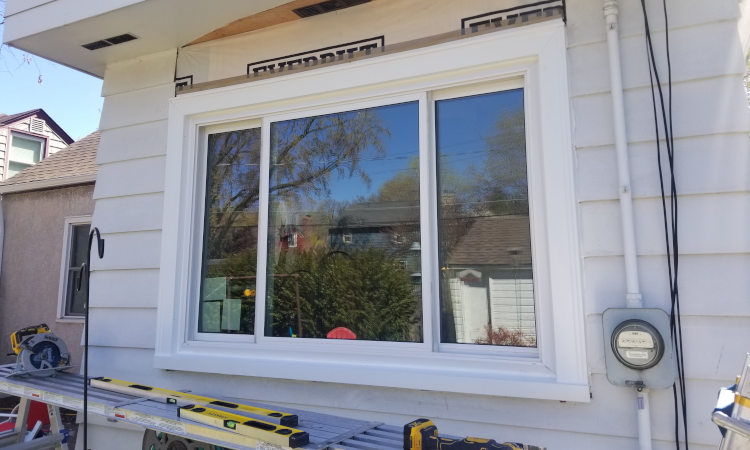Trusted Spring Window Replacement for a Modern Look
Upgrade Your Home With Energy-Efficient Home Window Replacements
In the realm of home improvement, the choice to upgrade to energy-efficient home window replacements can dramatically impact both the capability and aesthetics of a home (Cypress window replacement). As property owners look for ways to boost the effectiveness and sustainability of their home, the selection of windows plays an essential role in accomplishing these objectives. Past the surface level of simple visual appeals, energy-efficient home windows use a multitude of benefits that surpass plain curb charm. With a mindful selection process that thinks about different elements, from glass types to installment methods, embarking on this home upgrade trip can prove to be a transformative endeavor.
Advantages of Energy-Efficient Windows

The setup of energy-efficient windows provides significant financial savings on energy expenses while boosting environmental sustainability. Energy-efficient home windows are created to minimize heat loss and gain, reducing the demand for heating and cooling down systems to function overtime. By successfully insulating the home, these home windows aid preserve a comfy interior temperature year-round, resulting in reduced energy intake and decreased energy expenses. Furthermore, energy-efficient home windows can assist manage wetness levels within the home, minimizing the danger of mold and mildew development.
Beyond the economic advantages, energy-efficient home windows add to ecological sustainability by decreasing carbon emissions associated with power manufacturing. Generally, spending in energy-efficient home windows not only enhances the convenience and effectiveness of a home however likewise lines up with ecologically aware techniques.
Sorts Of Energy-Efficient Glass
Various innovative types of energy-efficient glass offer one-of-a-kind residential or commercial properties that provide to different requirements and choices in boosting the sustainability and effectiveness of buildings. Triple-pane glass, being composed of three layers of glass with protecting gas between them, offers enhanced thermal insulation, making it highly energy-efficient. Additionally, self-cleaning glass with an unique finishing that damages down and loosens dust when exposed to sunshine can lower maintenance requirements and keep home windows looking tidy.
Elements to Take Into Consideration When Choosing
When considering energy-efficient window substitutes, it is critical to very carefully analyze details aspects that align with your sustainability purposes and desired power savings. The U-factor actions exactly how well the window protects, with lower numbers suggesting far better insulation, while the SHGC indicates the home window's capability to obstruct heat from sunshine. By carefully examining these factors, you can pick energy-efficient windows that improve convenience, decrease power costs, and benefit the environment.
Installation and Maintenance Tips

Regular maintenance is essential to protecting the efficiency of your energy-efficient windows. Examine the windows periodically for any kind of indicators of wear, damages, or sealer deterioration. Tidy the frameworks, tracks, and glass routinely using mild soap and water to get rid of dust and gunk that can impact performance. Check the weather-stripping and seals for any rips or spaces and replace them if required to preserve the windows' energy performance.
Additionally, oil relocating parts such as joints and locks to make certain smooth operation. By following these installment and maintenance pointers, you can improve the power effectiveness of your home and extend the life expectancy of your energy-efficient home windows.
Cost-Benefit Evaluation of Upgrading

Energy-efficient windows are developed to reduce warm transfer, decreasing the requirement for home heating and cooling down systems to burn the midnight oil. This can result in considerable savings on energy costs, especially in areas with extreme temperatures. Additionally, energy-efficient home windows can improve the general value of your home, making it more attractive to prospective buyers if you decide to market in the future.
When computing the cost-benefit analysis, consider the possible cost savings on energy costs, any kind of offered incentives or discounts, and the life expectancy of the windows. While the first expense may be greater, the long-lasting savings and advantages of energy-efficient windows make them a clever financial investment for house owners wanting to boost their property's power efficiency and worth.

Conclusion
Finally, upgrading to energy-efficient home window replacements supplies various advantages such as decreased energy consumption, enhanced convenience, and cost financial savings. By i was reading this picking the appropriate type of energy-efficient glass and taking into consideration factors like frame product and installation, home owners can optimize the effectiveness of their home windows. Normal upkeep and appropriate setup are necessary for long-term performance. Overall, the cost-benefit evaluation of upgrading to energy-efficient home windows reveals that the preliminary investment can cause considerable savings in the lengthy run.
When considering energy-efficient window substitutes, it is vital to meticulously evaluate particular variables that align with your sustainability purposes and wanted energy financial savings. The U-factor measures just how well the window shields, with lower numbers indicating better insulation, while the SHGC suggests the home window's capability to block heat from sunlight. By very carefully assessing these elements, you can pick energy-efficient windows that boost comfort, minimize energy prices, and benefit the environment.
While energy-efficient home windows might have a higher ahead of time cost compared to link conventional home windows, the long-lasting advantages often exceed the first investment.In conclusion, upgrading to energy-efficient window substitutes provides many advantages such as minimized energy consumption, increased convenience, and cost financial savings.